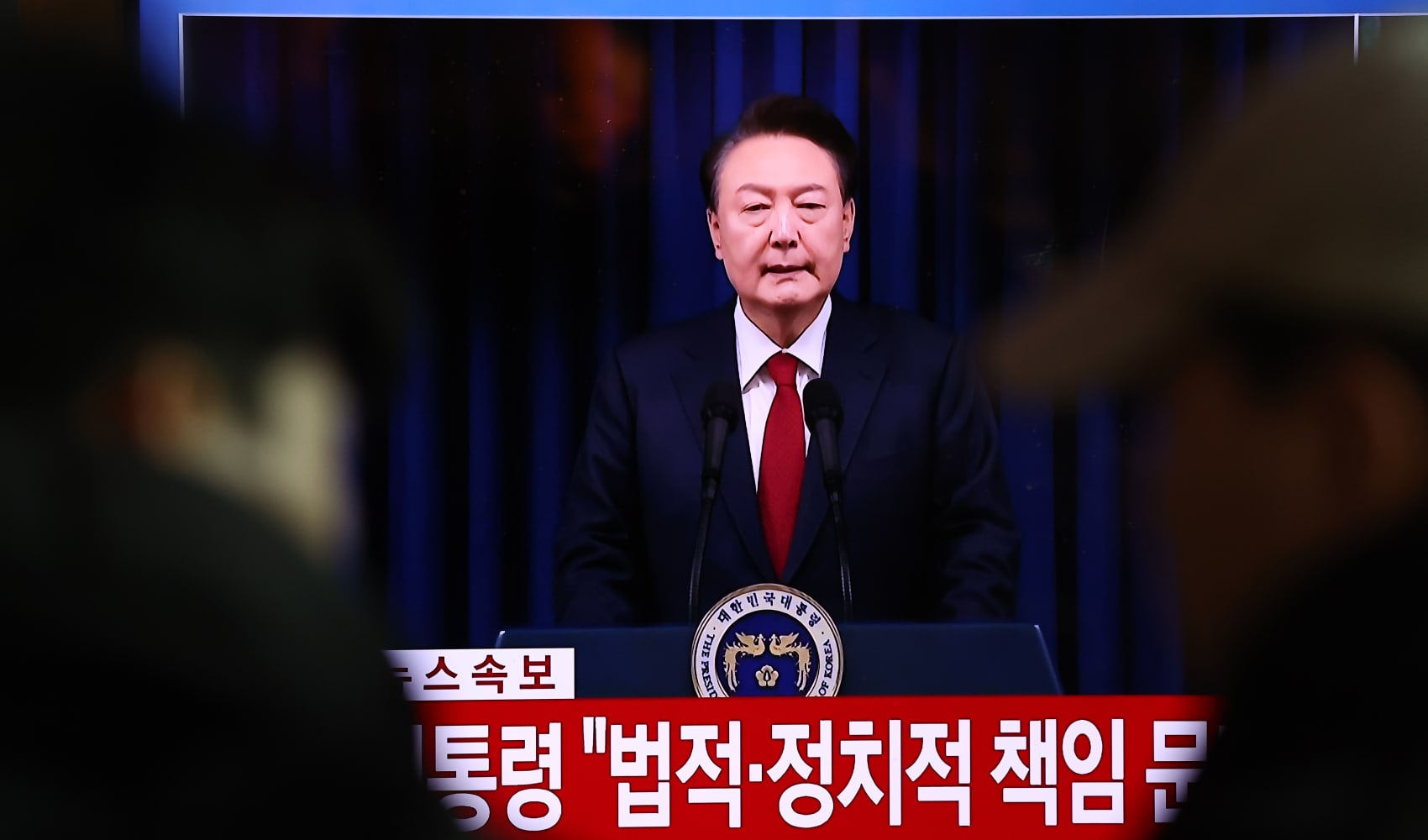
- The Department of Justice on Tuesday announced it is forming a unit to combat domestic terrorism as national security officials warn of a "persistent and evolving" threat of violent extremism within the U.S.
- The new unit was unveiled days after the first anniversary of the Jan. 6 Capitol invasion, when hundreds of former President Donald Trump's supporters violently stormed the building.
- A DOJ official told the Senate Judiciary Committee that the FBI has more than doubled the number of investigations opened into suspected domestic terrorists since the spring of 2020.
The Department of Justice on Tuesday announced it is forming a unit to combat domestic terrorism as national security officials warn of a "persistent and evolving" threat of violent extremism within the U.S.
The new unit was unveiled days after the first anniversary of the Jan. 6 invasion of the Capitol, when hundreds of former President Donald Trump's supporters violently stormed the building and forced lawmakers to flee their chambers, temporarily halting the transfer of power to President Joe Biden.
The DOJ and FBI have been clear that the attack on the Capitol is "being investigated as an act of domestic terrorism," said Matthew Olsen, assistant attorney general for the DOJ's national security division. He added that it is "entirely appropriate" to do so under the definition of domestic terrorism in federal criminal law.
The domestic terror unit is being established "to augment our existing approach," Olsen told the Senate Judiciary Committee during a hearing on domestic terror threats in the wake of the Capitol riot.
"This group of dedicated attorneys will focus on the domestic terrorism threat, helping to ensure that these cases are handled properly and effectively coordinated across the Department of Justice and across the country," Olsen said.
Olsen also noted that since the spring of 2020, the FBI has more than doubled the number of investigations opened into suspected domestic terrorists.
Money Report
Jill Sanborn, executive assistant director of the FBI's national security branch, told senators at the hearing that the domestic terror threat was "persistent and evolving," though foreign threats remain a focus of the government.
The greatest source of domestic terror threats, Sanborn said, is from lone actors or small cells who typically become radicalized online, find easily accessible weapons and then attack "soft targets," such as public gatherings of civilians.
The two most prevalent categories of domestic violent extremism today are racist extremism and antigovernment extremism, Sanborn said. The FBI considers White supremacist extremists and antigovernment extremists, specifically antigovernment militias, to be the most lethal threats.
The DOJ's investigation of the Jan. 6 invasion, meanwhile, is now its largest criminal probe ever, with more than 725 people arrested and charged in connection with the riot. The FBI is still trying to identify more than 350 other people that it believes committed violence at the Capitol, more than 250 of whom may have assaulted officers, according to the DOJ.
Like most other issues on Capitol Hill, the politics surrounding the Capitol riot have become a battlefield of increasing partisan polarization. Republicans allied with Trump, still the de facto leader of the GOP, have railed against the bipartisan House select committee investigating the riot. Others in the GOP have sought to downplayed the attack or equate it with violence that occurred during or after protests against police brutality and racism that sprung up across the country in summer 2020.
Republican Sen. Ted Cruz, a member of the Judiciary panel, appeared on a Fox News program last week to apologize after coming under fire from the right for calling Jan. 6 a "violent terrorist attack."
— CNBC's Sevanny Campos contributed to this report.






